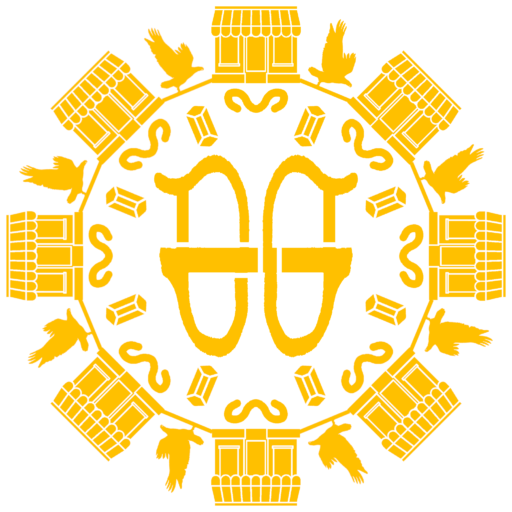Baruch ben Malka (1080-?)
He was born to a Jewish family in modern-day Iraq. He was contemporaries of Jewish philosophers Maimonides and Isaac ben Ezra.
He would eventually become a physician specifically tasked with caring for the Sultan’s wife.
Abu’l-Barakāt Hibat Allah ibn Malkā al-Baghdādī (?-1164/65)
Abu’l-Barakat: (Arabic) servant of the blessed; this may have been a calque translation of Baruch
Hibat Allah: (Arabic) gift of God
ibn Malka: (Arabic) his calque patronymic name
al-Baghdadi: (Arabic) of Baghdad
There has been debate as to the reason for Abu’l-Barakat’s conversion, whether it was because of the fear of retribution after the Sultan’s wife’s untimely death, for assimilation purposes, or “wounded pride.” He himself never mentioned his conversion in his writings.
He influenced the Illuminationist school of classical Islamic philosophy, Ibn Kammuna, and the medieval Christian philosophers Jean Buridan and Albert of Saxony.
Sources
- “Abu’l-Barakāt al-Baghdādī.” Wikipedia.
- Eliyahu, Ayala. “Taking Turns: New Perspectives on Jews & Conversion”. Penn Libraries.
- Kraemer, Joel L. (2010). Maimonides: The Life and World of One of Civilization’s Greatest Minds. Random House of Canada. p. 485.
- Langermann, Y. Tzvi (1998), “al-Baghdadi, Abu’l-Barakat (fl. c.1200-50)”, Islamic Philosophy, Routledge Encyclopedia of Philosophy, archived from the original on 28 February 2008, retrieved 2008-02-03.
- Lewis, Bernard (2002). Jews of Islam. Greenwood Publishing Group. pp. 98–99.
- Norman A. Stillman; Shlomo Pines. “Abū ʾl-Barakāt al-Baghdādī.” Encyclopedia of Jews in the Islamic World. Executive Editor Norman A. Stillman. Brill Online, 2013.
- Sirat, Colette (1996). “Judah Halevi and Abu-l-Barakāt”. A History of Jewish Philosophy in the Middle Ages (Reprinted ed.). Cambridge University Press.
